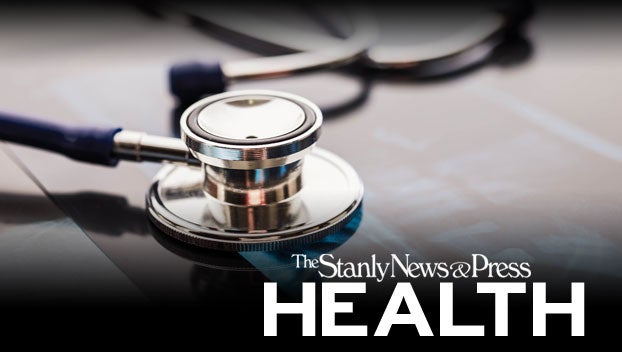Stanly commissioners inquire about needle exchange program
Published 3:01 pm Monday, December 11, 2023
A needle exchange program whose funds are based on a match with county funds at a local opioid initiative was discussed at length at the latest meeting of the Stanly County Board of Commissioners.
County Manager Andy Lucas presented a request from the Uwharrie Harm Reduction Initiative (UHRI) regarding a requested allocation of $39,527.50 for an additional full-time and two part-time positions.
Lucas said county staff recommended $31,395 for one full-time and one part-time position.
Commissioner Brandon King asked Lucas about the UHRI needle exchange program, where people could trade in dirty needles for new ones.
Lucas asked UHRI director Bob Harmon to answer questions from the board, including King, who asked about the “issues that the community is having over there with the dirty needles.”
Harmon said according to North Carolina General Statutes, there can not be a limitation like one-to-one.
“We have done some work to try to make sure we do better. We have cut down the amount (of needles) we have been passing out,” Harmon said.
He said his group has patrolled properties like West Albemarle Baptist and Main Street Methodist “to make sure nobody is leaving anything there.”
Harmon said much of the focus of UHRI is getting treatment for drug abusers, along with distributing naloxone, an opioid overdose reversal drug. He said EMS responses for drug-related calls has gone down in Stanly.
King asked how many people get at one time. Harmon said it was 50 syringes, but the number has been reduced to 30 per visit. When asked if those numbers were excessive, Harmon noted UHRI is only open three days a week: three hours on Tuesday and Friday, and one hour on Wednesday morning. He said any extra needles that go out with one person often are given to others instead of exchanging dirty needles.
Harmon said people reusing needles created problems with people getting and spreading HIV, hepatitis, endocarditis and other blood borne pathogens.
“The main point is to keep folks alive. We’re not sending them to the hospital with these various diseases, which is a really expensive process,” Harmon said.
People who come in for syringes also receive peer support counseling from former abusers and containers in which to put dirty needles.
Harmon said UHRI “encourage (people) heavily” to return dirty needles and the initiative has seen “an uptick” in returned syringes.
Those coming in for new syringes also receive Bibles and support for things such as obtaining ID and Social Security cards, birth certificates and receiving government benefits.
“Their world is dark. It’s hard for us to even imagine what the world these folks are in. We try to give them a little bit of light, let them see there is hope,” Harmon said.
Commissioner Patty Crump noted local dollars are not being used directly to purchase needles. The money is used for staff positions, along with matching funds for a grant for needles, and the money comes from the opioid settlement funding.
A motion to approve the $31,395 amount for UHRI was passed by the board unanimously.



